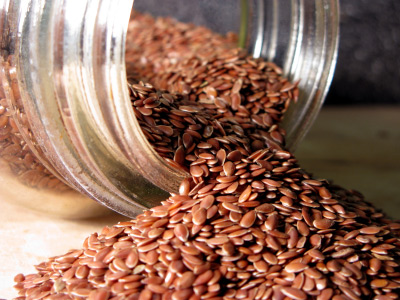For quite some time it has been common knowledge that omega-3 fatty acids are good for you, but do you know how far-reaching their health benefits can be?
Recent research
Extensive research has linked omega-3 fatty acids’ consumption to everything from reduced cardiovascular disease to cancer and inflammatory bowel disease. The most recent study, however, is groundbreaking. Recently published in the Netherlands-based journal Pharma Nutrition, omega-3 supplementation “has been shown to augment the therapeutic efficacy of antidepressant, mood-stabilizer, and second generation antipsychotic medications, and may additionally mitigate adverse cardiometabolic side-effects.” The efficacy of omega-3s in managing these issues is so profound that the researchers suggest incorporating them into psychiatric treatment algorithms. If psychiatrists integrate this approach, a breakthrough paradigm shift – from pharmaceutical interventions as the mainstay to a more natural approach – could change the course of mental heath treatment plans forever.
Omega-3 options
Necessary for optimal health and wellness, omega-3s are found in a plethora of foods. Unfortunately, most Americans lack this vital nutrient. Whether you are a dedicated vegan or someone who enjoys eating meat, you should have no problem incorporating omega-3s into your diet naturally. Some of the highest concentrations of omega-3 foods include salmon, a variety of vegetables, and fish oils.
For vegans and vegetarians: It has been suggested that all vegans and vegetarians need to supplement omega-3 fatty acids, but this hasn’t been proven to be the case. Let common sense be your guide. If you eat a diet rich in flaxseed, walnuts, and green veggies – such as Brussels sprouts, kale, spinach and salad greens – you’re probably on the safer side. People who have lived on a vegan or vegetarian diet have done well without omega-3 supplements.
Read more at Natural News.



